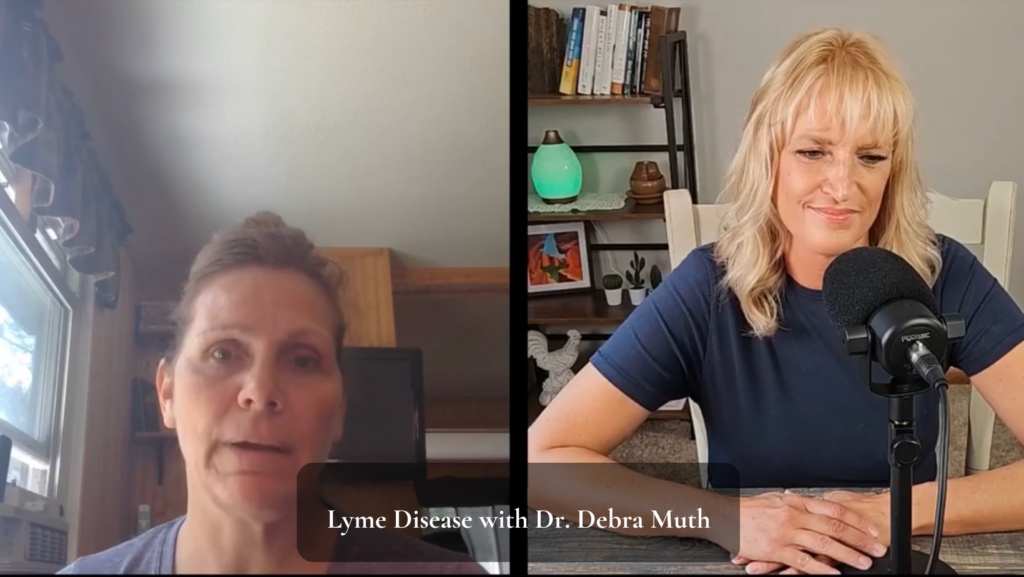Hyperthyroidism vs. Hashimoto’s Thyroiditis
Thyroid disorders are complex and multifaceted conditions that can have a significant impact on an individual’s health and well-being. Among the various thyroid disorders, hyperthyroidism and Hashimoto’s thyroiditis are two distinct conditions with unique characteristics, causes, and treatment approaches. In this blog, we unravel the differences between hyperthyroidism vs. Hashimoto’s thyroiditis, shedding light on these commonly confused conditions.
Hyperthyroidism: The Overactive Thyroid
Hyperthyroidism is a condition characterized by excessive production of thyroid hormones by the thyroid gland. This results in an overactive thyroid gland, leading to a range of symptoms related to increased metabolism and thyroid hormone levels. Common symptoms of hyperthyroidism include:
- Unexplained weight loss
- Rapid or irregular heartbeat (palpitations)
- Increased appetite
- Nervousness, anxiety, and irritability
- Tremors and muscle weakness
- Heat intolerance and excessive sweating
- Changes in menstrual patterns
- Fatigue and weakness
- Bulging eyes (in Graves’ disease, a common cause of hyperthyroidism)
Hashimoto’s Thyroiditis: The Autoimmune Thyroid Disorder
Hashimoto’s thyroiditis, on the other hand, is an autoimmune disorder characterized by inflammation of the thyroid gland. In Hashimoto’s, the immune system mistakenly attacks the thyroid gland, leading to gradual destruction and decreased production of thyroid hormones. As a result, individuals with Hashimoto’s typically develop hypothyroidism, a condition marked by an underactive thyroid gland. Common symptoms of Hashimoto’s thyroiditis include:
- Fatigue and sluggishness
- Weight gain
- Sensitivity to cold
- Constipation
- Dry skin and hair
- Hoarseness
- Muscle weakness and joint pain
- Depression and memory problems
Distinguishing Between Hyperthyroidism vs. Hashimoto’s Thyroiditis
While hyperthyroidism and Hashimoto’s thyroiditis may share some overlapping symptoms, such as fatigue and weight changes, there are key differences that can help differentiate between the two conditions:
- Thyroid Function: In hyperthyroidism, thyroid function tests typically reveal elevated levels of thyroid hormones (T3 and T4) and low levels of thyroid-stimulating hormone (TSH). In Hashimoto’s thyroiditis, thyroid function tests typically reveal low levels of thyroid hormones and elevated levels of TSH.
- Autoimmune Markers: Hashimoto’s thyroiditis is characterized by the presence of autoimmune markers such as thyroid peroxidase antibodies (TPO antibodies) and thyroglobulin antibodies (TG antibodies), which are often elevated in blood tests. These markers are not typically present in hyperthyroidism.
- Physical Examination Findings: Physical examination findings, such as a visibly enlarged thyroid gland (goiter) and bulging eyes (exophthalmos), may be present in hyperthyroidism but are less common in Hashimoto’s thyroiditis.
Treatment Approaches
- Thyroid Hormone Replacement Therapy: Thyroid hormone replacement medication, such as levothyroxine, is the cornerstone of treatment for hypothyroidism caused by Hashimoto’s. By restoring hormone levels to normal, medication can alleviate symptoms and support overall well-being.
- Nutritional Support: Adopting a nutrient-dense diet rich in vitamins, minerals, and antioxidants can help support thyroid health and reduce inflammation. Foods high in iodine, selenium, zinc, and omega-3 fatty acids are particularly beneficial for individuals with Hashimoto’s.
- Stress Management: Chronic stress can exacerbate symptoms of Hashimoto’s and disrupt thyroid function. Incorporating stress-reduction techniques such as meditation, yoga, and deep breathing exercises can help promote relaxation and improve resilience.
- Regular Monitoring: Routine monitoring of thyroid function through blood tests is essential for assessing hormone levels and adjusting medication dosage as needed. Additionally, monitoring antibody levels can provide insight into the progression of the autoimmune component of Hashimoto’s.
- Holistic Approaches: Integrating complementary therapies such as acupuncture, herbal supplements, and mind-body practices into a comprehensive treatment plan can help support overall health and well-being for individuals with Hashimoto’s.
Empowering Individuals Through Education and Support
Education is a powerful tool in the journey to managing Thyroid health. By understanding the underlying mechanisms of your condition and implementing strategies for wellness, individuals can take control of their health and improve their quality of life. Additionally, seeking support from healthcare practitioners, support groups, and online communities can provide valuable guidance, encouragement, and camaraderie along the way.
In Conclusion
While hyperthyroidism vs. Hashimoto’s thyroiditis are both thyroid disorders, they represent distinct conditions with unique characteristics and treatment approaches. Understanding the differences between these conditions is essential for accurate diagnosis and appropriate management. If you suspect you may have a thyroid disorder, it’s important to consult with a healthcare provider for comprehensive evaluation and personalized treatment recommendations. With proper management, individuals with hyperthyroidism or Hashimoto’s thyroiditis can achieve optimal thyroid health and improve their quality of life.
















